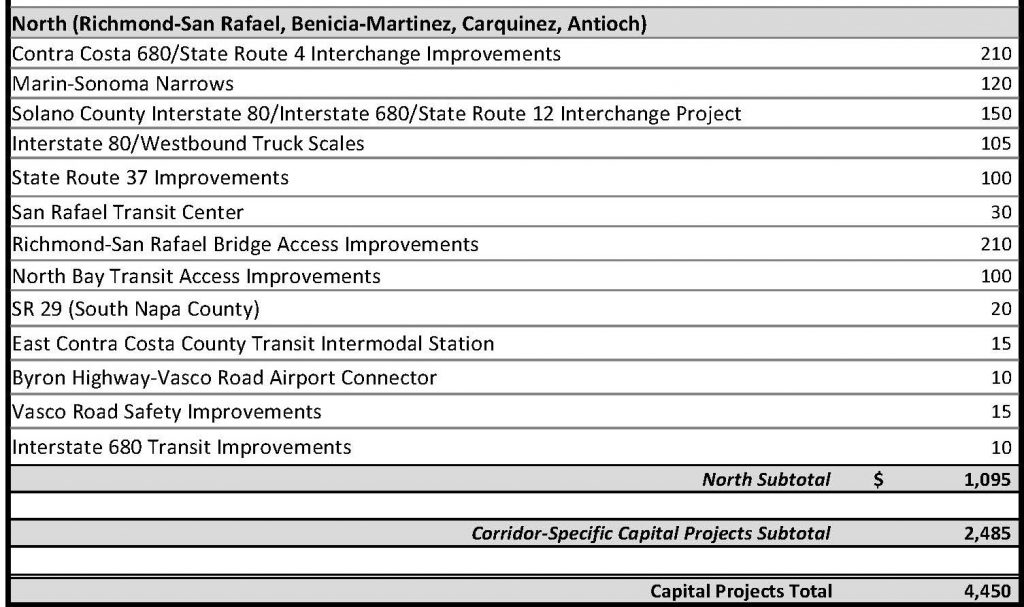SACRAMENTO – The state Senate on Thursday passed legislation that will give Bay Area voters a chance to create an independent inspector general for BART to hold the sprawling transit district accountable for its spending, service to riders, and timely delivery of capital projects.
The inspector general was proposed by state Sen. Steve Glazer (D-Orinda) as part of a bill by Sen. Jim Beall (D-San Jose) that will ask voters to raise bridge tolls to fund transportation projects designed to relieve traffic congestion in the bridge corridors.
The bill was approved by the Senate on a 27-13 vote.
Glazer, a longtime critic of BART, insisted that voters be given the option of creating the accountability czar as a condition of his support for placing the measure on the ballot. Other major transit agencies, including those in Washington D.C., New York, Chicago and Los Angeles, have long had inspector generals to serve as an independent check on the bureaucracy.
“BART stands to gain about a billion dollars from the toll revenues this measure would generate,” Glazer said. “It’s only fair that riders and residents get an extra set of eyes and ears inside the agency to hold the administration accountable.”
If approved by voters, the inspector general would be appointed by the governor from a list of three finalists nominated by the BART board. The person could be fired only with a two-thirds vote of the board and the governor’s agreement.
The BART inspector general would be tasked with investigating fraud, waste and inefficiencies, conducting audits and recommending changes in the agency’s practices that will improve services to riders.
And in a twist, Glazer, who has been at odds with BART’s unions in the past, insisted on adding a line to the inspector general’s mission requiring the office to assess whether management was using best practices to promote “positive and productive” relations with employees and their representatives.
“The vast majority of BART employees are hard-working, dedicated public servants who share their customers’ desire to have trains that run on time, stations that are safe and clean, and escalators and elevators that work when they are supposed to,” Glazer said. “I hope the employees and their unions will find an inspector general to be an effective ally in making those things a reality.”
Glazer also pushed for amendments to the bill that ensured Contra Costa and Alameda county commuters would see a fair share of congestion relief projects if the toll increases become a reality.
Projects to improve traffic flow on Interstate 680 and rebuild interchanges where 680 connects to state routes 4 and 84 were included in the final version of the proposed spending plan.
Glazer praised Sen. Beall, and Assemblymen David Chiu and Phil Ting of San Francisco and other members of the Bay Area legislative delegation for a collaborative process that allowed for input from throughout the region and a final proposal that included the crucial provision to oversee BART’s administration and spending.
“No one got everything they wanted, but this is a fair compromise that will give the voters an opportunity to fund projects designed to relieve congestion throughout the entire region while providing independent oversight of the district’s practices,” Glazer said.













 Washington, DC –
Washington, DC – 














